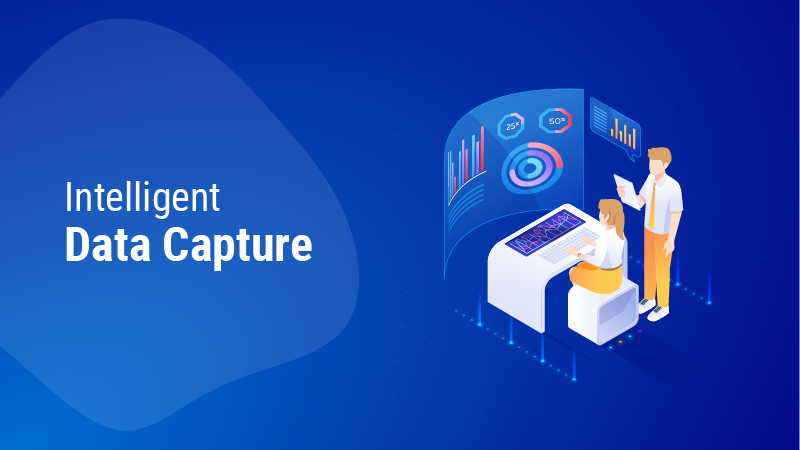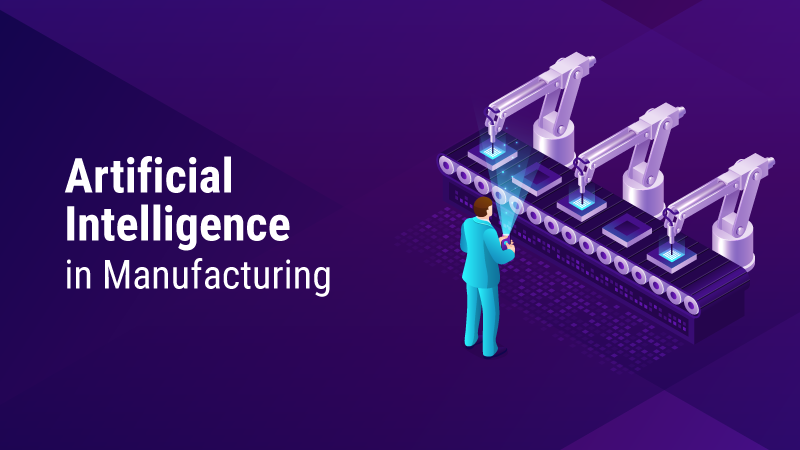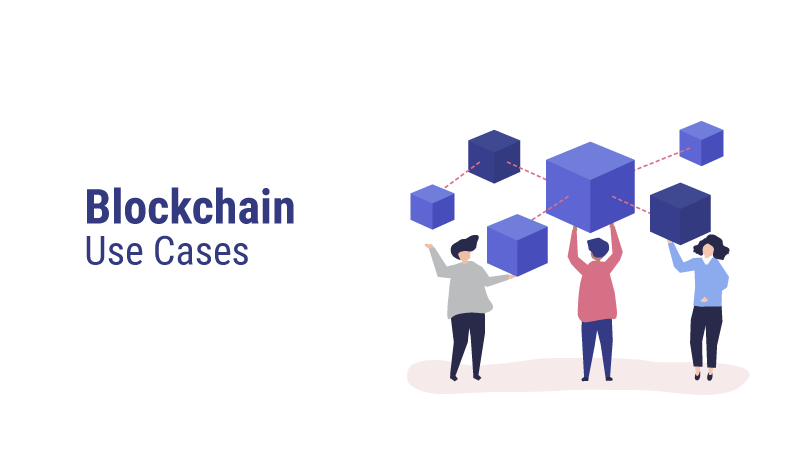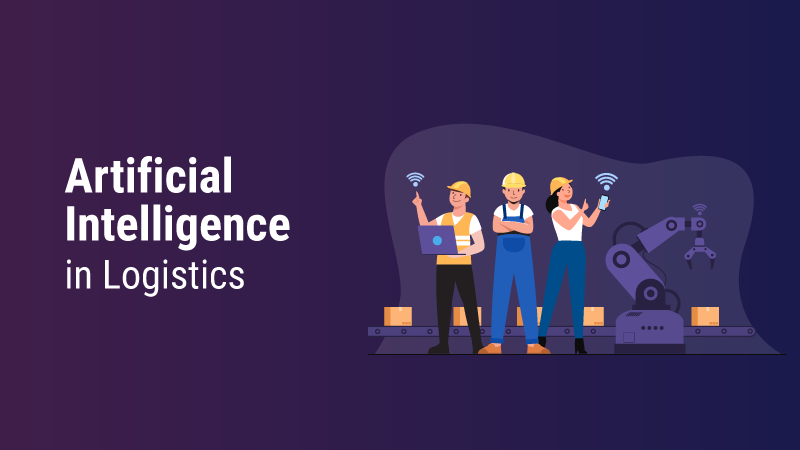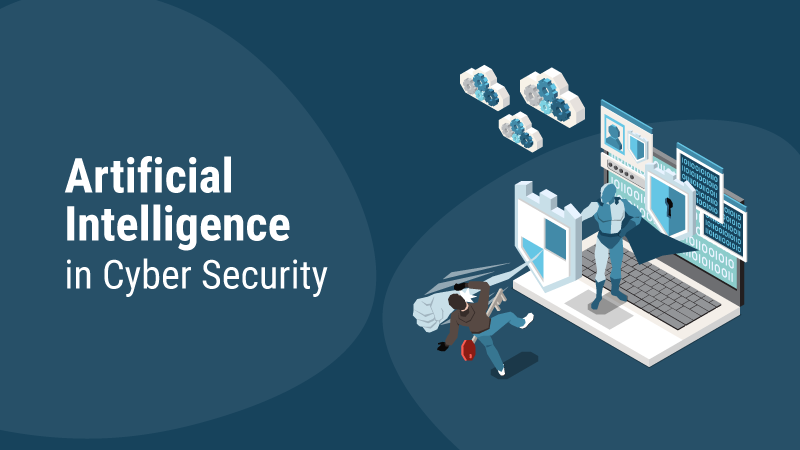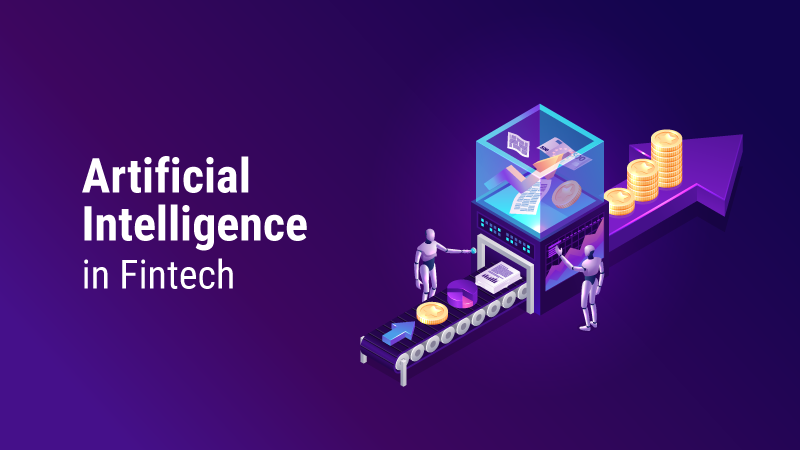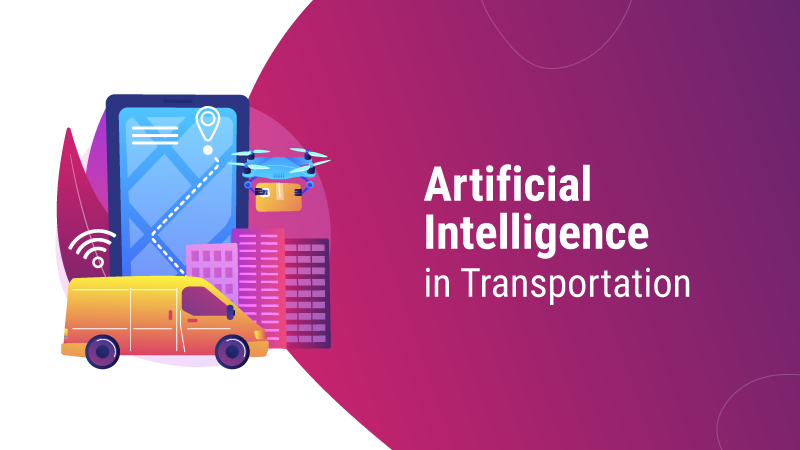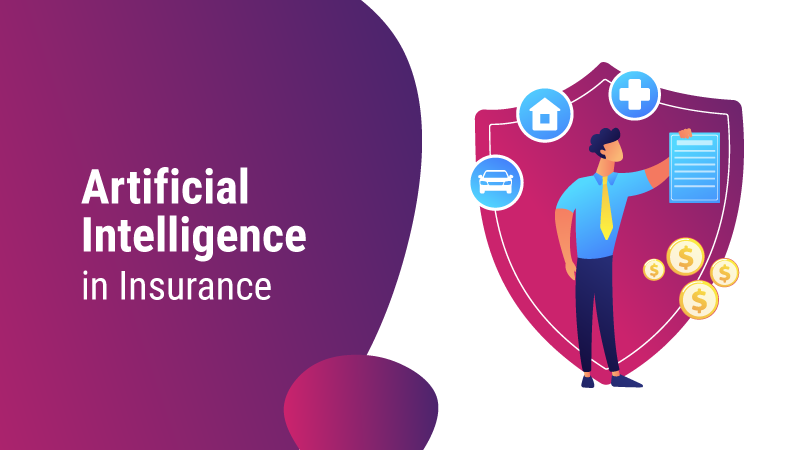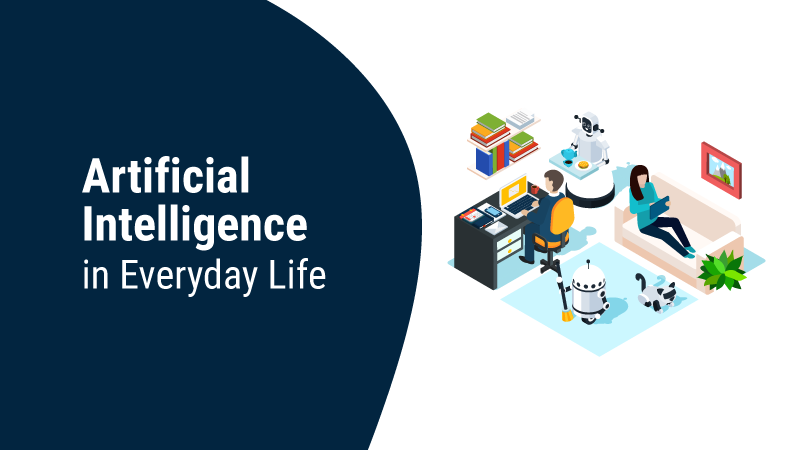What is Intelligent Data Capture?
Technically, Intelligent Data Capture (IDC) is an automated process that detects and extracts crucial data from incoming paper and electronic documents with no external intervention.
In general terms, IDC avoids manual data entry with the use of technology. Intelligent data capture helps your organization to save time, money, and resources with no need to extract and organize data manually from your documents. This extracted data, when integrated with content management or business process automation software, can be used by organizations for digital routing and delivering significant documents.
Intelligent data capture is mostly associated with automation. An automated solution is responsible for automating an entire task based on the requirements of your organization. It allows you to detect the gaps and identify the right solutions to fill them. To better understand the advantages of automated solutions in your organization, it is essential to get an idea about their working/functioning.
How does Intelligent Data Capture function?
When any kind of information reaches your business, it has to be properly captured, processed, and accessed in the right information system. Intelligent Data Capture (IDC) is the process of extracting information from any format like paper, email, or fax, whether it is a structured or unstructured document, and converting it to machine-readable digital format. Intelligent Data Capture solutions also help in sorting, extracting, and validating information automatically and sharing with digital workflows or ERP systems.
IDC can also organize different types of documents you input such as an invoice and an order slip, then derive relevant details from each document, verify it, and then capture the data to your database and ERP software or any other system you choose. This is totally a different process from conventional OCR (Optical Character Recognition). Previous generations of intelligent data capture solutions had comparatively poor accuracy rates and needed significant investment for configuration.
Intelligent data capture is very precise as well as simple to set up and arrange. Instead of spending too much time on configuration, the special self-learning capabilities of the Intelligent Data Capture tool enable you to submit a sample of the generally used document types. Because intelligent data capture is flexible enough to adapt to the needs of your organization. Invoice detection and data lifting, automated arrangement of data (automatically sorting different document types), and exporting to any accounting or business application line are some of the attractive features of intelligent data capture.
Benefits of Intelligent Data Capture
Intelligent data capture is mainly designed to avoid entering data manually from each incoming paper you receive, which consists of any invoice, bills, order slips, or any other type of document you use to finish your everyday task. This allows your organization to assign valuable tasks for your employees to focus on and reduce the number of people working in your organization instead of wasting hours on finishing manual data entry. Here are some of the major benefits of intelligent data capture:
Reduce headcount and increase efficiency
Intelligent data capture reduces the number of human headcounts as it takes away the task of entering data manually from human laborers. This in turn increases the efficiency of the organization as the IDC tool takes care of the data entry part.
24/7 Availability
Businesses that function globally have to be available for their customers irrespective of the time zones. Likewise, there are many industries like healthcare, hospitality, and shipping that need the availability of data at all times to maintain business efficiency. Intelligent data capturing ensures the availability of every data even during non-working hours and with no geographical barriers.
Augmented security
Intelligent capture makes sure that content is redirected to the right directories as quickly as possible and that only those who have been given permission to access the content can access it. It also offers a more stable and rapid implementation of security procedures across all content, protecting from expensive data loss and security infringements.
Simplified compliance
The content is linked to an audit trail by intelligent data capture that maintains compliance with government regulations and accurate retention of documents and other crucial data.
Eliminate human errors
When human employees extract data, there are chances for mistakes. Even if an employee reads something incorrectly or misspells the data, the repercussions can be negative and huge. IDC reduces the risk to near zero.
Reduce operational costs
All businesses incur operating expenses such as inventory, rent, salary, etc. Manual data maintenance requires huge costs along with the possibility of human error. Intelligent data capture helps in reducing additional costs and eliminating human errors by automatically updating the data wherever needed.
Data storage and data security
Storing files and folders physically takes more space and can lead to damage of paper documents. Moreover, confidential papers must be kept separate with restricted access. Intelligent data capture removes all these restrictions and data is encrypted to protect data from unauthorized access. It consumes less disk space and there is a backup option to prevent data loss.
Better customer experience
Customer experience is important for any business. Intelligent data capture ensures error-free and high-quality data to offer a better experience to customers according to their requirements. By ensuring good revenue, the business can deliver better offers, attract more clients, and improve customer satisfaction – all together with the help of IDC.
Wrap up
When it comes to high-volume, transactional business processes that rely on a variety of business documents, Businesses need an automation solution that can eliminate manual jobs that are inefficient and cost a lot of money such as document management and data entry, especially when it comes to many high-volume business processes that rely on various business documents. This is the exact point where intelligent data capture technology enters. Intelligent capture includes the application of machine learning and optical character recognition (OCR) technologies to convert print documents, electronic images, and other digital documents into sensible data.
Get Started with our Data Management Services